New York is once again the political epicenter of the world. But this time it is not because of a scandal, a financial crisis, or a new cultural phenomenon, but because of a historic change in its leadership. Zohran Kwame Mamdani, an immigrant of Indian origin and a staunch representative of the progressive left, won the election and officially became the first Muslim mayor in the history of the most populous and iconic city in the United States.
His victory is not only a demographic milestone. It also represents a watershed moment in American politics: the rise of a generation that demands fairer, more accessible, and more humane cities in the face of decades of traditional economic policies. Mamdani arrives at City Hall with a clear—and ambitious—mission: to turn one of the most expensive cities in the world into a place where living there is not a privilege reserved for the few.
From Uganda to the heart of Manhattan: a global story
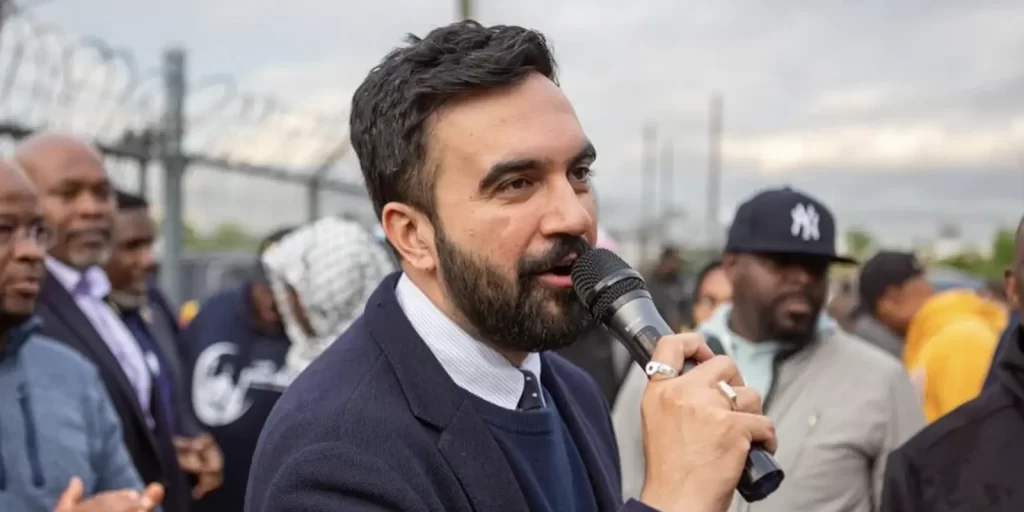
Zohran Mamdani was born in Kampala, Uganda, in 1991, the son of Indian academics and intellectuals. At the age of seven, he arrived in New York, where he grew up in a city that he now promises to transform from the ground up. He attended Bronx High School of Science and later studied African Studies at Bowdoin College. His education was steeped in art, music, activism, and community: before entering formal politics, he explored rap, writing, and film, reflecting a deep curiosity about social and cultural narratives.
However, it was his work as a housing advisor in Queens that cemented his public vocation. From that experience close to eviction, precariousness, and the daily struggle of working families, his vision of a more equitable New York was born.
Since 2021, he has served as a state assemblyman, re-elected twice. Now, at just 34 years old, Mamdani is breaking historical barriers and redefining who can lead one of the most influential metropolises on the planet.
An unconventional campaign: streets, social media, and symbolism
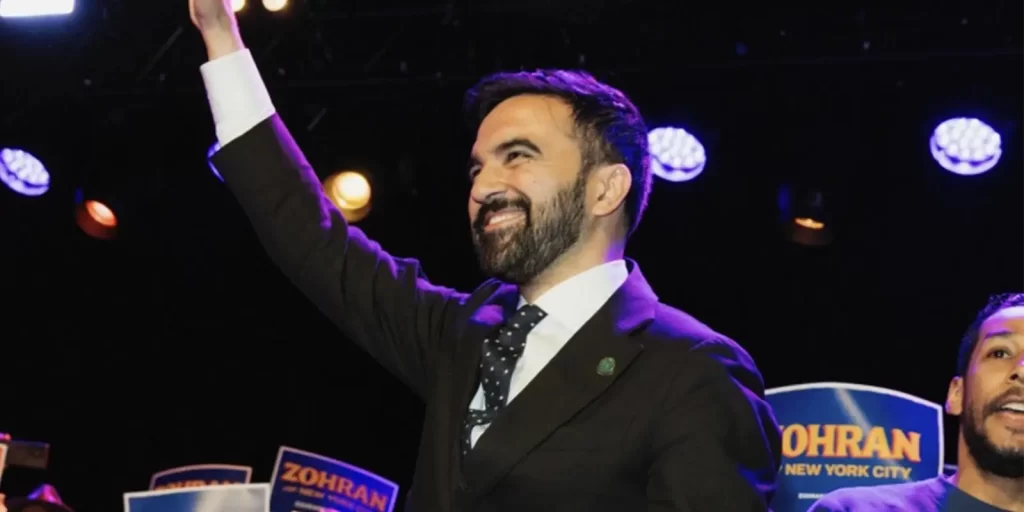
If his victory surprised part of the political establishment, so did his strategy. Mamdani did not rely on formal events in elite venues or moderate speeches to please everyone. His campaign took place in parks, subway stations, mosques, and street markets. Walking through Manhattan, viral videos in Urdu and Spanish, messages on social media, and gestures laden with meaning were all part of a style that broke the mold.
From breaking the Ramadan fast with a burrito in the subway to highlight food insecurity to wading into the Atlantic in the middle of winter to symbolize his proposal to freeze rents, Mamdani turned politics into an accessible and emotional narrative.
The result: tens of thousands of volunteers, hundreds of thousands of individual donors, and a wave of popular enthusiasm rarely seen in local elections.
What he proposes: a New York to live in, not just survive
Mamdani’s platform is clear and forceful: put the needs of the working class at the center. His main proposals include:
- Free public transportation, starting with buses.
- A rent freeze and penalties for negligent landlords.
- Free public childcare for children from six weeks to five years old.
- Minimum wage of $30 per hour by 2030.
- Tax increases for millionaires and large corporations.
- Public supermarkets to ensure affordable food.
- Massive construction of affordable and stabilized housing.
- Police reform and a community-based approach to public safety.
In a city where more than half a million children go to bed without enough to eat and where one in four people live in poverty, his message resonated deeply: New York must remain a home for its residents, not a showcase for investors and speculators.
Polarized reactions in a divided country
As expected, his rise to power has not been met with silence. For many, his victory symbolizes progress, diversity, and a step toward a more just city. For others, it represents economic risk, political radicalism, and a threat to traditional interests.
More conservative sectors have labeled him an extremist. Even President Donald Trump publicly called him a “communist” and warned of economic consequences for the city. Influential editorialists and fiscal analysts have criticized the potential budgetary impact of his measures and questioned his experience in managing a municipal budget of more than $115 billion.
However, his supporters argue that his lack of traditional political experience is, in fact, a strength in an era where citizens demand leaders who are more approachable, less bureaucratic, and more human.
Identity, beliefs, and the power to represent oneself without fear
One of Mamdani’s most visible traits is the way he integrates his personal identity into his politics without asking permission. His Muslim faith was a public part of his campaign. He visited mosques, celebrated his traditions, and spoke openly about the sacrifice of making his identity visible in a country where Islamophobia and racism are still present.
Throughout his campaign, he denounced threats and attacks on social media, but he never backed down. His victory is also a message: in American politics, diverse identities are not only present—they can win, they can lead, and they can inspire.
An unavoidable issue: Palestine, Israel, and geopolitical tensions
Mamdani has maintained a firm stance in defense of Palestinian rights, an issue that has placed him at the center of national debates. He has criticized Israeli policy, defended investigations into organizations linked to illegal settlements, and questioned models of citizenship based on religion. Some sectors accused him of being radical; others see him as a courageous voice in a polarized global arena.
Despite this, he has been clear in rejecting anti-Semitism and has promised to increase resources to combat hate crimes. His message is clear: social justice cannot be selective.
What’s next for New York?
Zohran Mamdani comes to power with energy, popular support, and a clear vision, but also with a mountain of challenges. Implementing his agenda will require negotiating, building alliances, and facing internal and external resistance. Expectations are high—and his promises are enormous.
New York is engaged in a fascinating political experiment: Can a global megacity prioritize social justice over the market? Can the working class reclaim space in a city designed for capital? Can progressivism move from discourse to management without losing its essence?
What is clear is that Mamdani is no ordinary mayor. He is the reflection of a generation tired of the status quo, inspired by activism, and willing to imagine another way of governing.
His triumph not only changes the history of New York—it could become the model that sets the course for American political debate in the coming years.



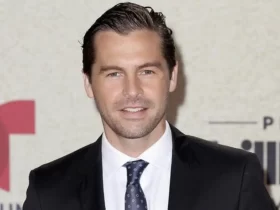
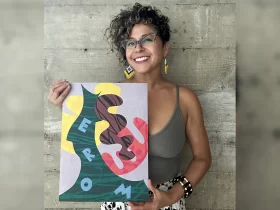
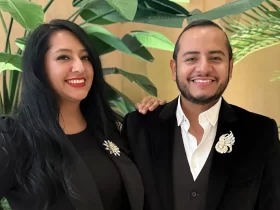
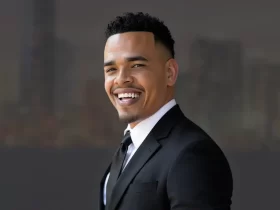
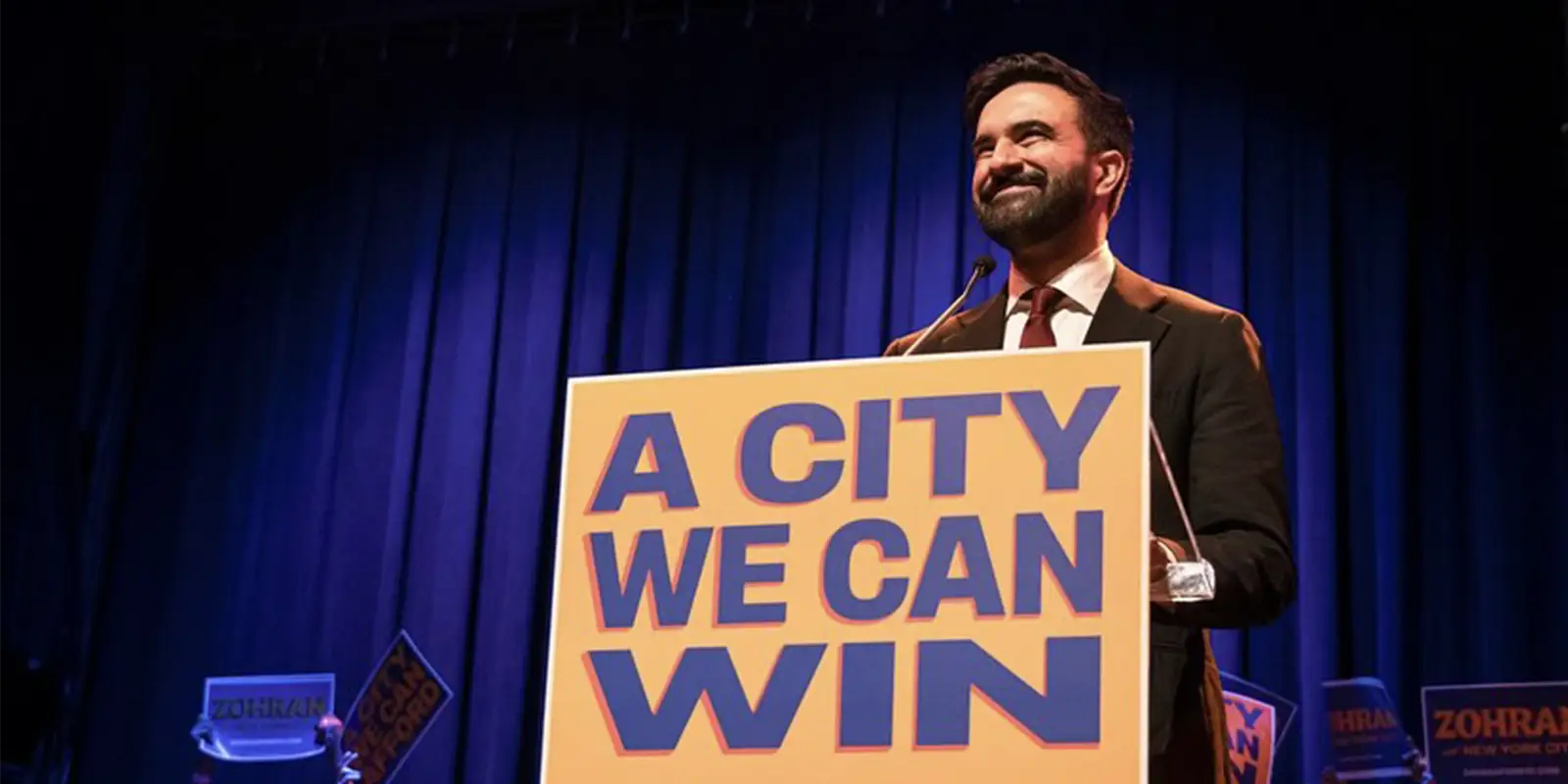










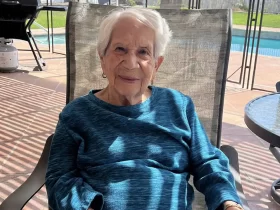
















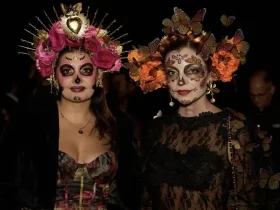
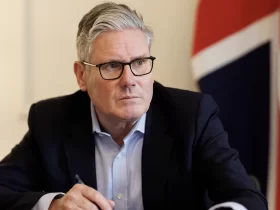

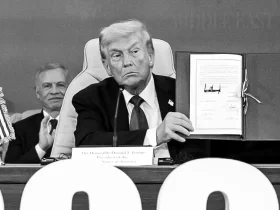
Leave a Reply